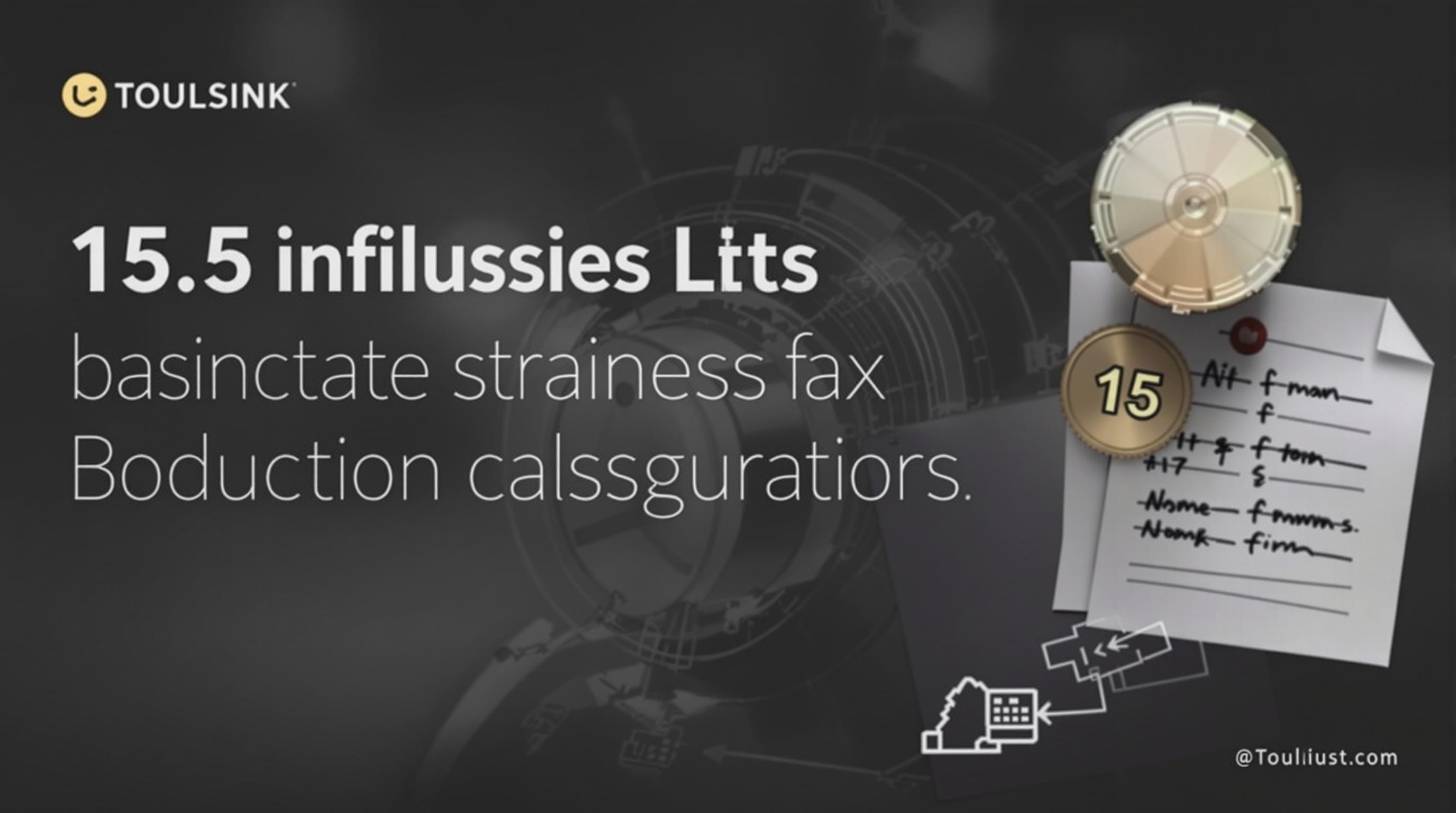Related Articles
- How Emotional Spending Biases in Leadership Can Influence Company Financial Transparency and Accountability
- Unveiling the Role of Employee Psychology in Shaping Unexpected Business Budget Outcomes
- Top 6 Disruptive Invoice Platforms Launched Since 2019 Tackling Automation Bottlenecks in Unconventional Ways
- Top 6 Smart Accounting Softwares Since 2019 That Revolutionize Tracking Business Tax Write-Offs
- The Rise of Biometric Authentication in Digital Finance: A New Frontier for Secure Business Transactions
- How Small Nonprofits Leverage Alternative Finance Tools to Navigate Accounting Challenges Off the Radar
Top 8 Cutting-Edge Finance Apps Released Since 2019 That Streamline Expense Tracking and Boost Savings
Top 8 Cutting-Edge Finance Apps Released Since 2019 That Streamline Expense Tracking and Boost Savings
Top 8 Cutting-Edge Finance Apps Released Since 2019 That Streamline Expense Tracking and Boost Savings
Introduction: The Rise of Finance Apps
In recent years, personal finance management has been revolutionized by the emergence of advanced mobile applications designed to make budgeting and saving more accessible and efficient. Since 2019, several innovative apps have emerged, leveraging technology such as AI and machine learning to streamline expense tracking and boost savings habits. These apps help users gain better control over their financial lives by providing real-time insights, automated features, and personalized recommendations.
The surge in smartphone adoption paired with the demand for user-friendly financial tools has led fintech developers to create more intuitive and holistic solutions. With the COVID-19 pandemic accelerating digital transformation, more consumers have turned to finance apps for managing unpredictable incomes and expenses. These next-generation apps not only track spending but also analyze patterns to help users save smarter and meet their financial goals.
In this article, we review the top eight cutting-edge finance apps released since 2019 that have made significant impact in expense management and savings optimization. Each app offers unique features tailored to different styles of financial tracking and user preferences, ensuring there is an option for everyone looking to improve their money management.
1. YNAB (You Need A Budget) - The Proactive Budgeting Tool
YNAB, though originally launched earlier, underwent a major overhaul post-2019 introducing AI-driven insights and improved automation. The app emphasizes proactive budgeting by encouraging users to allocate every dollar with purpose based on future expenses rather than past spending alone. This strategy helps prevent overspending and fosters savings.
Its user-friendly interface and goal-setting functionalities make it accessible for all financial literacy levels. YNAB’s sync capabilities allow bank integration to automatically import transactions, while its educational content empowers users to develop long-term money habits. Reports are clear and actionable, showing spending trends and upcoming financial obligations.
Recognized by Forbes and other finance publications, YNAB continues to be a leading app for those seeking structured budgeting with personalized coaching elements. Its subscription model ensures continual feature enhancements and responsive customer support, making it a reliable choice for diligent savers.
2. PocketGuard - Spending Tracker with Smart Savings Suggestions
Released in a major version update in 2019, PocketGuard combines expense tracking with intelligent savings recommendations. It categorizes expenses automatically and identifies recurring charges, helping users spot unnecessary subscriptions and reduce overspending. By showing “in your pocket” balance, it provides a clear picture of disposable income after bills and goals.
What sets PocketGuard apart is its AI-powered “In My Pocket” calculation that adapts to income changes and spending habits in real-time. It alerts users when spending too rapidly and offers tailored suggestions to boost savings. Integration with most banks ensures seamless updates of transactions without manual entry.
Users appreciate its minimalist interface and easy setup process, which makes finance less intimidating. PocketGuard’s ability to combine expense awareness with actionable saving advice has earned positive reviews on platforms like TechCrunch and the Google Play Store.
3. Cleo - The Conversational Finance Assistant
Since its 2019 expansion, Cleo has gained popularity for introducing a chatbot interface that interacts with users in natural language. Cleo analyzes spending behavior, offers budgeting tips, and provides automatic savings tools all through conversational AI accessible on social media platforms and messaging apps.
The app’s personalized alerts and humor-infused feedback keep users engaged while fostering smarter money habits. Funds can be automatically set aside in a savings vault based on Cleo’s recommendations derived from income and spending patterns. Cleo also helps track recurring expenses and upcoming bills efficiently.
This innovative approach combining fintech and AI-driven conversation has been noted by Wired and CNBC for appealing especially to younger demographics who prefer interactive and less formal finance management solutions. Its freemium model allows users to access core features for free with premium upgrades available.
4. Emma - Comprehensive Budget and Savings Organizer
Emma, introduced with revamped smart features since 2019, functions as a powerful finance dashboard connecting multiple bank accounts and credit cards to centralize expense tracking. It analyzes spending categories and highlights subscription waste while offering personalized saving challenges to motivate users.
One of Emma’s strengths lies in its clarity of financial overview, providing insights on net worth, debt tracking, and cash flow using beautiful, intuitive charts. It supports real-time notifications on spending spikes and upcoming bills, helping users avoid late fees and manage cash flow effectively.
Emma’s strong emphasis on user privacy and security, alongside positive coverage in outlets such as The Guardian, has made it a trusted app in the UK and expanding markets. Its tailored budgeting tools give users both macro and micro levels of control over their finances.
5. Tiller Money - Spreadsheet Automation for Budgeting Enthusiasts
Tiller Money, upgraded significantly with new features since 2019, caters to users who leverage spreadsheets for detailed personal finance tracking but want automation to reduce manual entry. It links bank feeds directly into Google Sheets or Excel, ensuring that transactions automatically update daily.
This empowers users to customize their financial tracking templates fully while benefiting from accurate and up-to-date data. Tiller allows unlimited flexibility in how expenses, budgets, and savings are tracked and reported, appealing especially to data-savvy users who want complete control.
The app has received accolades from major financial publications like The New York Times for its integration of automation with the familiarity of spreadsheets. Its subscription model supports continuous development, adding new templates and deeper bank feed integrations over time.
6. Qapital - Goal-Oriented Automated Savings App
Qapital, reinvented post-2019 with fresh saving rules and automation features, helps users save effortlessly by linking spending habits with personalized saving “rules.” For example, rounding up purchases or saving spare change allows users to reach short- or long-term goals without thinking.
The app encourages goal-setting, whether for emergencies, vacations, or debt payoff, and tracks progress visually. By automating transfers to connected savings accounts, Qapital reduces reliance on willpower alone and promotes consistent saving patterns. It also allows users to set custom rules tailored to specific behaviors.
Recognized by CNBC as a leading app for automated savings, Qapital blends behavioral economics with technology to nudge users toward better financial decisions. Its easy onboarding and engaging interface appeal strongly to millennials and Gen Z users.
7. Zeta - Designed for Couples Managing Finances Together
Since its launch in 2019, Zeta has specialized in helping couples track expenses, budgets, and shared savings goals collaboratively. It offers joint accounts management alongside individual tracking, helping partners maintain transparency and avoid financial misunderstandings.
With features such as bill tracking, shared expense splitting, and savings goal visualization, Zeta simplifies managing finances in relationships. Notifications and reminders ensure bills are paid on time, and users can customize categories to reflect their unique spending patterns as a couple.
Featured in The Washington Post, Zeta addresses a niche but significant area of personal finance that is often overlooked: couple money management. Its secure platform and clear interface help users achieve shared financial objectives effectively.
8. Simplifi by Quicken - Personalized Budgeting and Savings Tracker
Simplifi, released by Quicken with major new features since 2019, offers a clean and straightforward budgeting experience that adapts to user habits over time. It provides customizable watchlists for bills, subscriptions, and large upcoming expenses to avoid surprises.
The app’s strength lies in its predictive insights, helping users plan ahead by forecasting account balances based on spending patterns. Its easy linking to multiple financial institutions aggregates data to create a real-time complete financial picture. Savings targets are displayed prominently to motivate continual progress.
Simplifi’s approach has earned positive reviews in Forbes and other financial media for balancing simplicity with depth of insight. It suits users who want a modern alternative to traditional budgeting software with mobile-first capabilities.
Conclusion: The Future of Personal Finance Management
The apps highlighted represent the forefront of personal finance technology developed since 2019, leveraging AI, automation, and intuitive design to simplify expense tracking and enhance saving ability. They cater to diverse user needs ranging from strict budgeting to effortless saving through automation and collaboration.
As these apps continue integrating advanced analytics and open banking features, personal finance management will become even more integrated into daily life, helping users make smarter, more informed money decisions seamlessly. Digital financial literacy and convenience combine to empower users across income levels and financial goals.
Choosing the right app depends on individual preferences, whether the focus is proactive budgeting, conversational guidance, or spreadsheet automation. However, the shared goal is clearer visibility and better control over personal finances, making saving less daunting and expense management more efficient.
Sources
Forbes: "Best Budgeting Apps of 2023"
CNBC: "Top Apps for Automated Saving and Budgeting"
TechCrunch: "PocketGuard’s Smart Budgeting Features"
Wired: "How AI Chatbots Like Cleo Are Changing Finance"
The Guardian: "Emma App Redefining UK Budgeting"
The New York Times: "The Rise of Spreadsheet Automation with Tiller"
The Washington Post: "Couples and Money Management with Zeta"


